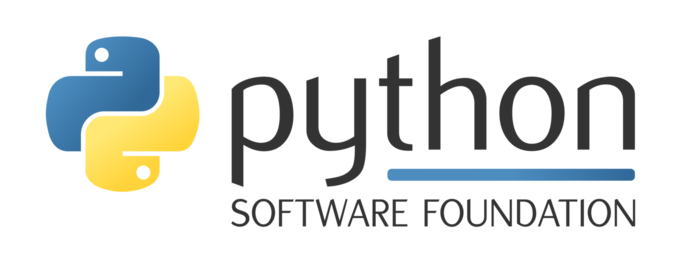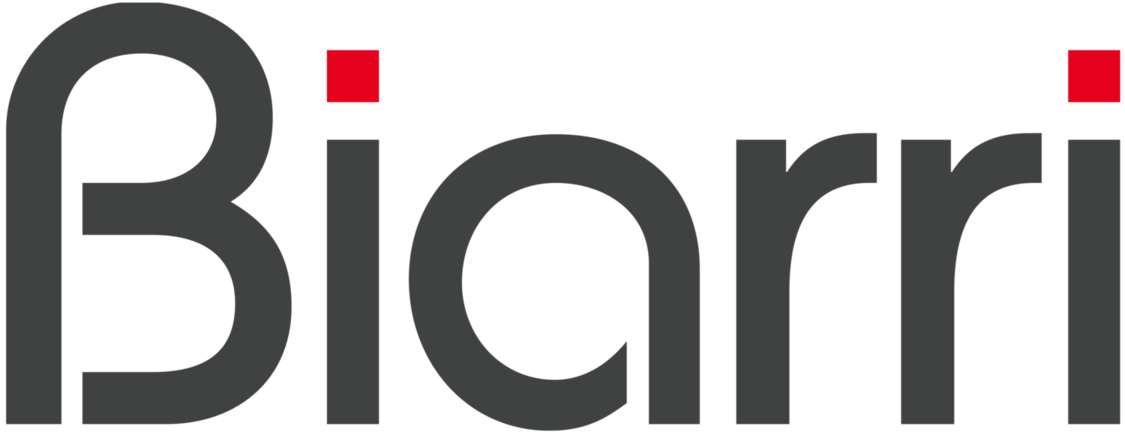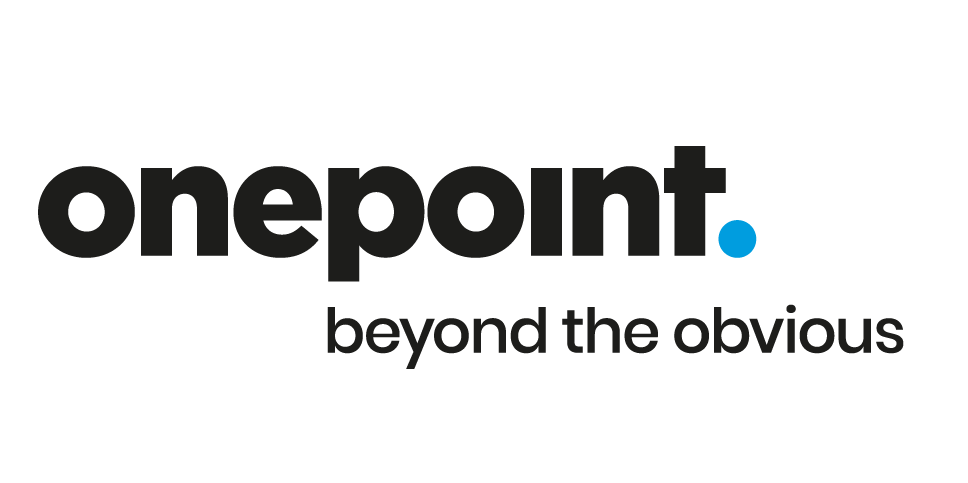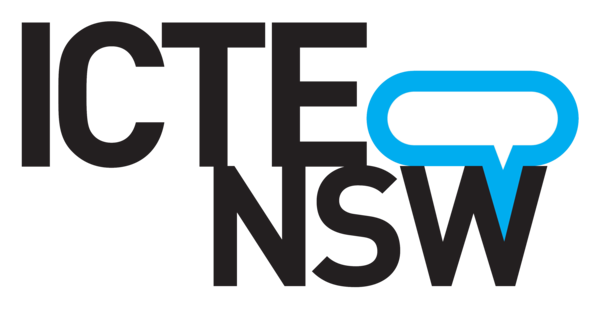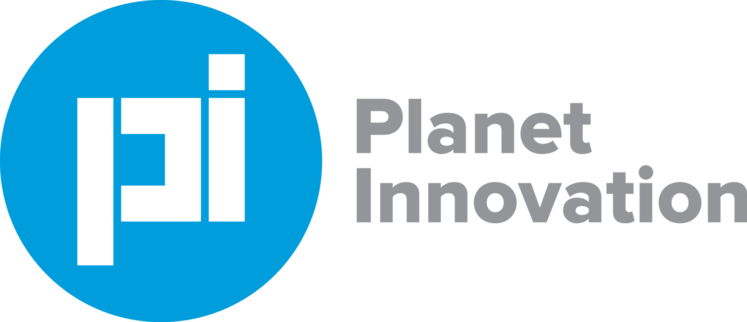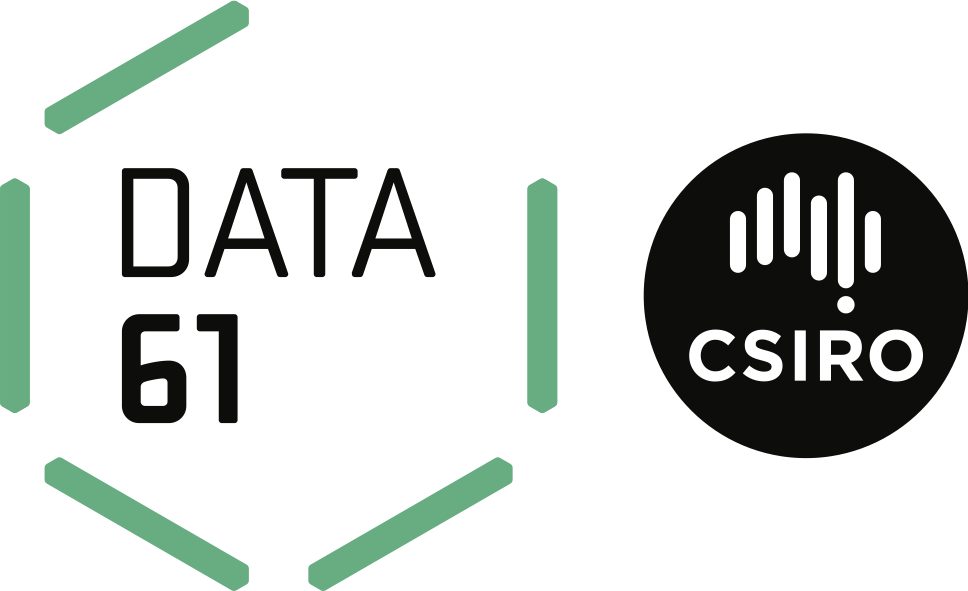This page details our CFP review and selection process, as well as guidelines about how to write an anonymous proposal.
If you are looking for how to submit a talk, mentoring, or speaker benefits, you want our Speak page.
Contents
- CFP Review and Selection Process
- Anonymity Guidelines
- FAQ
- How do I write a proposal that doesn’t identify me?
- How do I tell you about myself and why I am the best person to give this talk… without identifying myself?
- Can I still identify myself as a {insert gender/minority/attribute here}?
- What about my “Profile” section?
- I didn’t have to do this for {other conference}. Why do I have to do this for PyCon AU?
- Oh no! I already submitted something that identifies me! What do I do?
- I have removed all the identifying info, but my talk title/topic is pretty unique and could identify me. What do I do?
- I have a different question.
CFP Review and Selection Process
Phase One: reviewing of anonymised proposal contents
During this phase, the PyCon AU proposal reviewers will review and score each proposal solely on the merits of its contents, without any identifying information or other knowledge about the speaker(s) proposing the talk.
Proposal reviewers come from the following groups:
- PyCon AU core organisers
- PyCon AU Specialist Track organisers
- selected members of the Python, FOSS, and Australian tech community
Any members of the aforementioned groups who are acting as PyCon AU CFP mentors, reviewing CFP submissions for identifying information, or who are answering questions at the speakers@2019.pycon-au.org email address are disqualified from reviewing proposals, as through these activities they are likely to gain knowledge of the personal details of some people who have submitted talk proposals.
Phase Two: identity-aware ranking and curation
Once reviewing is finished, all proposals will be de-anonymised.
PyCon AU proposal reviewers are then joined by the remaining members of the PyCon AU core organising team in order to curate the program. This group will use the reviewed proposals, in conjunction with speaker profiles, to rank and organise a program that meets our goals for diversity of speakers and topics.
Anonymity Guidelines
PyCon AU aims to curate a diverse and interesting lineup of talks. In order to review talk proposals with as little bias as is humanly possible, we have made our proposal review process anonymous.
This may be different to the processes you have seen at other conferences, so we have created this FAQ for you. If you have questions that aren’t answered here, you can email speakers@2019.pycon-au.org.
Put any and all personally-identifiable information in the “Profile” section of your submission. This is where we want it to be!
If we identify that you have included information that idenifies you, the organisers will edit your proposal before the review process begins. We can’t guarantee it will sound exactly how you intended it, so we encourage you to make very sure that you have removed identifying information before you submit your talk proposal to us.
FAQ
How do I write a proposal that doesn’t identify me?
The basic guiding principle is to give only the information about yourself that is relevant to the talk.
This means:
- don’t include your name, your pronouns (he/she/they), or other references to your gender (“this guy”, “her work”)
- don’t include links to your website, or videos of you giving the talk
- don’t mention your affiliation with your employer or your project, unless it directly relates to the talk:
Here’s an example where identifying your affiliations is relevant to the talk:
“This talk will explore the ways that the Dog Patting Corp team used Python to make their work patting dogs easier.”
Here’s an example where identifying your affiliations is not relevant to the talk:
“The speaker, who is a Lead Canine Appreciator for Dog Patting Corp, will explore how to build a home automation system using MicroPython.”
How do I tell you about myself and why I am the best person to give this talk… without identifying myself?
There is plenty you can say about your work without including your name, references to your gender, or other links. You can accomplish this even without referring to your employer’s name or affiliation with a project.
Things we want to hear about:
- why you are passionate about this topic
- research or work you have already done on this topic
- research or work you are planning to do on this topic
- what you’re interested in
- what kinds of industries you are (or have been) involved in
- what kind of experience you are bringing to this topic
e.g.
“I have worked in the dog patting industry for several years and am particularly interested in the problems of how to pat extremely fluffy dogs. I have also worked on patting short-haired dogs. This experience gives me a unique perspective on the problem of dog patting, which I am looking forward to sharing with the audience.
I am also passionate about the history of dog patting, and have both attended and run several workshops on the cultural legacy of being nice to our canine companions.”
Another example:
“I started dog patting this year. I have a lot of thoughts about effective ways to teach dog patting to beginners, and I am enthusiastic about making other people’s journeys into the world of patting dogs more enjoyable and accessible. “
Can I still identify myself as a [insert gender/minority/attribute here]?
tl;dr: This information belongs in the “Profile” section of your submission.
During the first phase of our review process, the PyCon AU reviewers will not know anything about your identity. Reviewers will use only the talk topic and the details provided in the abstract and notes to rate your talk.
Once all proposals have been rated and reviewed, we will de-anonymise all talks. This means that the information you provided in your “Profile” will become visible to the PyCon AU organisers, and we can begin the work of selecting talks, and putting together the beginnings of the conference schedule. You are welcome to provide demographic information in this section.
Additionally, we provide financial aid to ensure people from a wide variety of backgrounds are able to attend PyCon AU. The financial assistance application process is separate to the CFP review process, and you may provide information about your background and circumstances there as well. See more about financial assistance.
What about my “Profile”?
tl;dr: Put any identifying information in the “Profile” section of your submission! This is where we want it to be.
Our system will hide the information you provide in your “Profile” section from PyCon AU organisers until we choose to de-anonymise it. De-anonymisation is a one-time process that will apply to all submissions at the same time. We will trigger this once the review process has been completed.
This means that the information you provided in your Profile will become visible to the PyCon AU organisers, and we can begin the work of selecting talks, and putting together the beginnings of the conference schedule. You are welcome to provide demographic information in this section.
Information in your PreTalx “Profile” can include:
- your name
- a free-text biography
- an avatar (or Gravatar)
I didn’t have to do this for [other conference]. Why do I have to do this for PyCon AU?
All conferences will have different processes for reviewing talks based on the needs of their communities.
This process is the way that PyCon AU believes is the most likely to reduce bias in the rating and reviewing of talk submissions.
PyCon AU takes our commitment to anonymous reviews very seriously. This means that non-reviewing members of the PyCon AU organising team will check incoming proposals to make sure they do not have identifying information, and remove identifying information before the review process begins if they discover anything that needs changing.
Oh no! I already submitted something that identifies me! What do I do?
tl;dr: Until the CFP closes, you can edit your submissions. You will be able to remove identifying information from your proposal until this time.
You are also welcome to make tweaks and changes to your proposal up until the CFP is closed. This gives you a chance to polish submissions based on feedback, and to remove identifying information if you notice it there.
If you notice we have already edited your proposal to remove identifying information, feel free to make further edits so it reads the way you would like it to. Please note that if you add additional identifying information during an edit, it will be removed again.
I have removed all the identifying info, but my talk title/topic is pretty unique and could identify me. What do I do?
We have reviewers who are both frequent and infrequent conference reviewers and attendees. We will be asking any reviewers who recognise your talk by title or abstract to refrain from reviewing your proposal.
This will give other reviewers the chance to review your proposal without prior knowledge of you or your talk.
I have a different question.
Great! You can email it to speakers@2019.pycon-au.org



